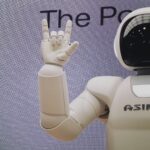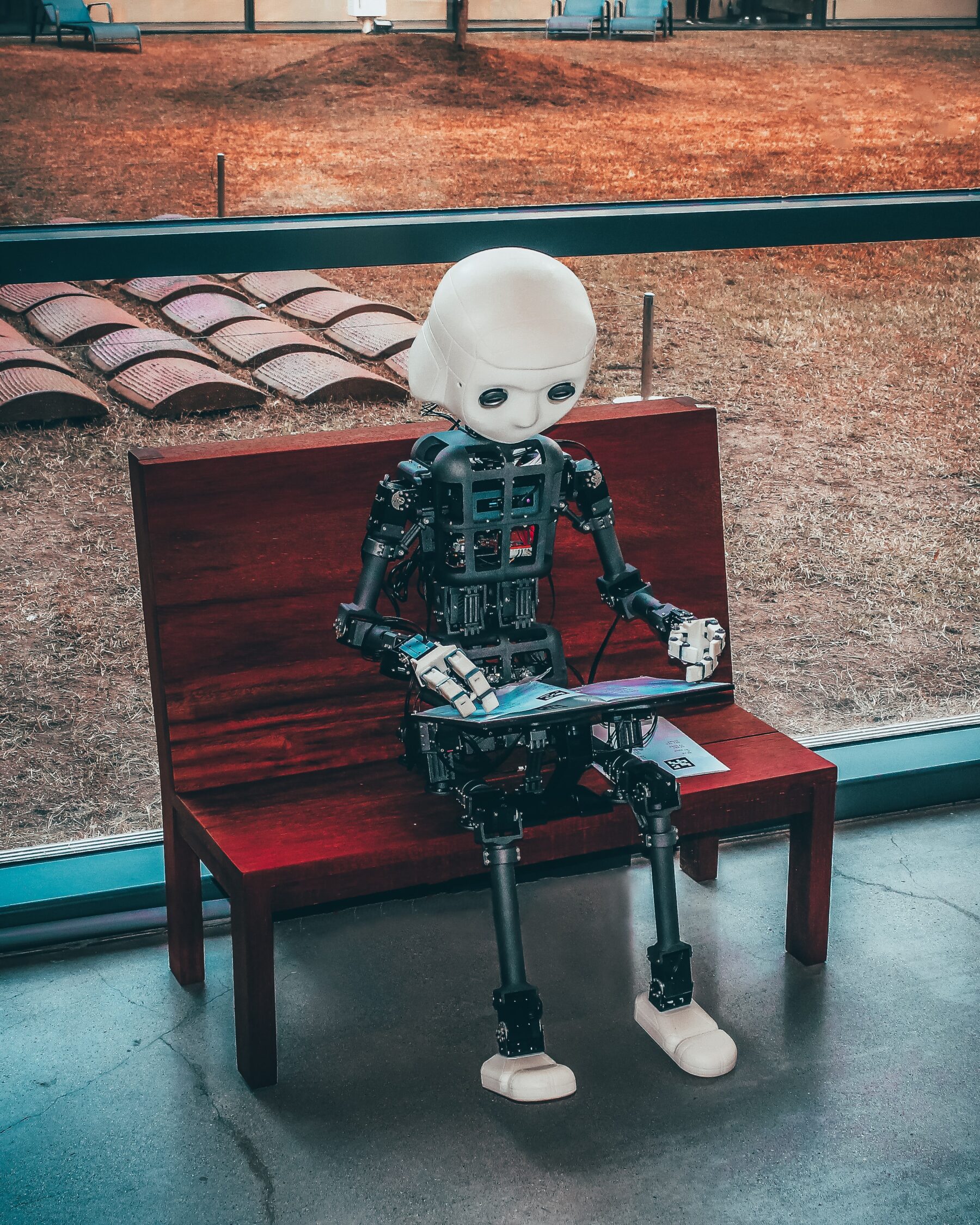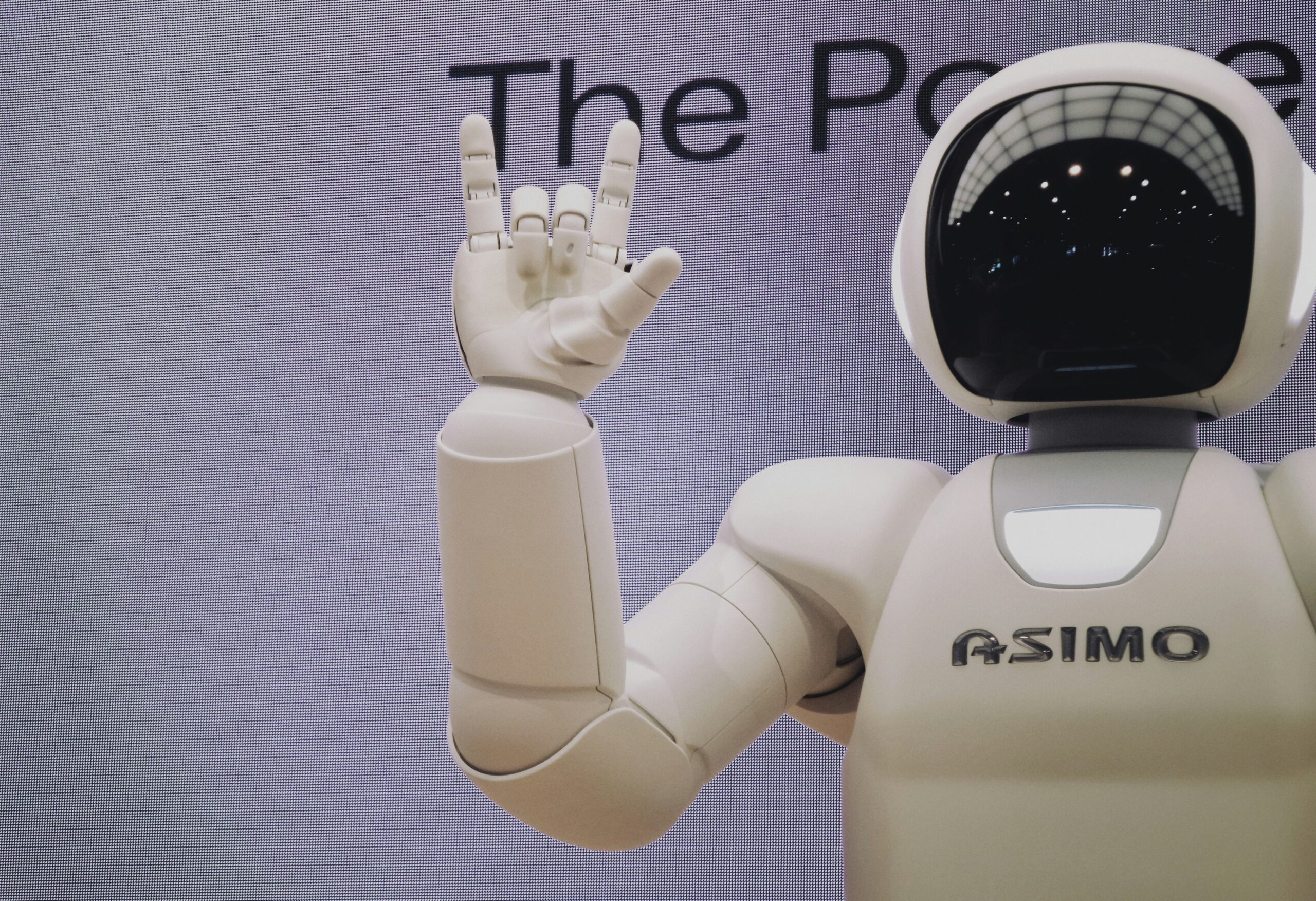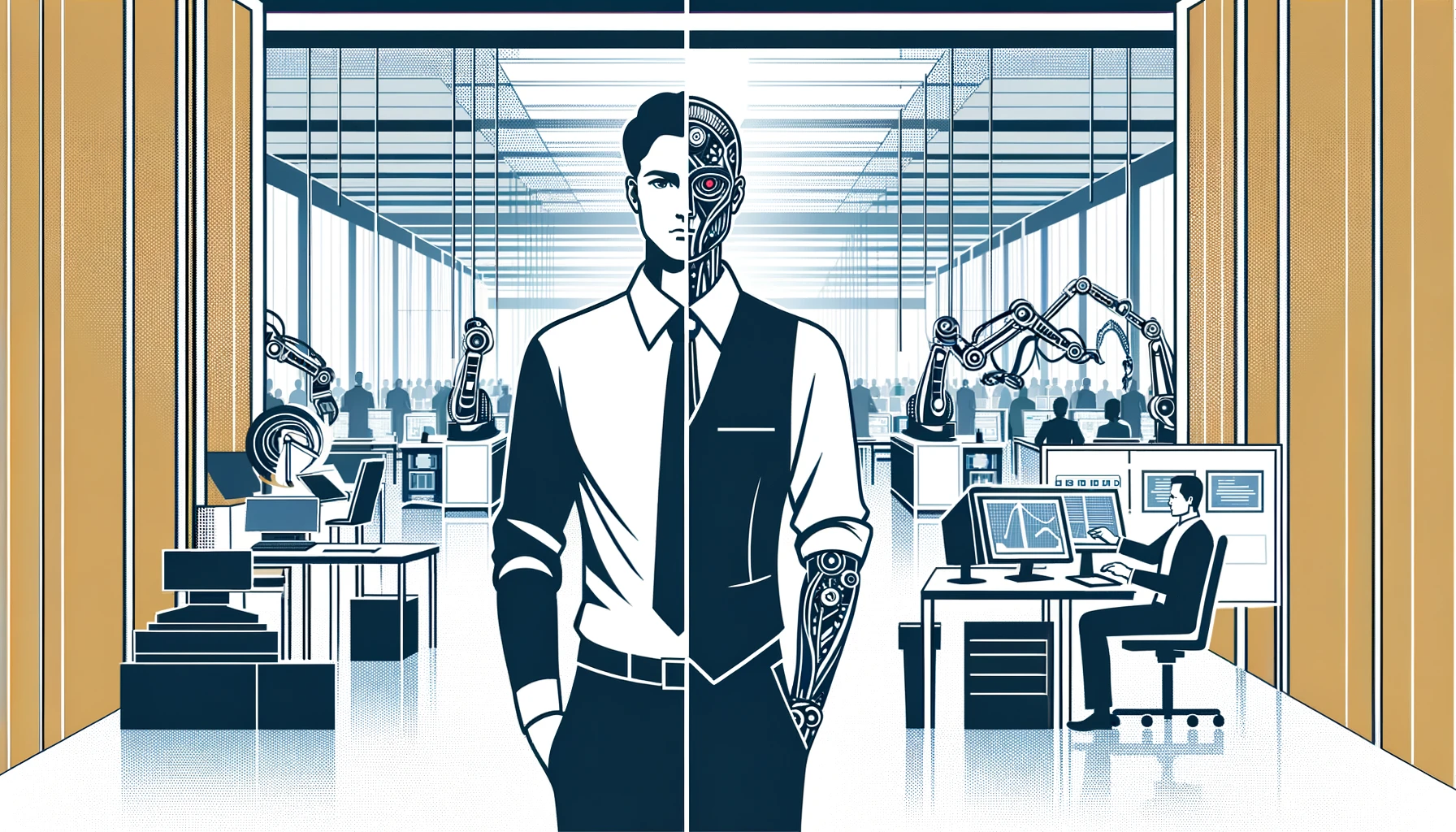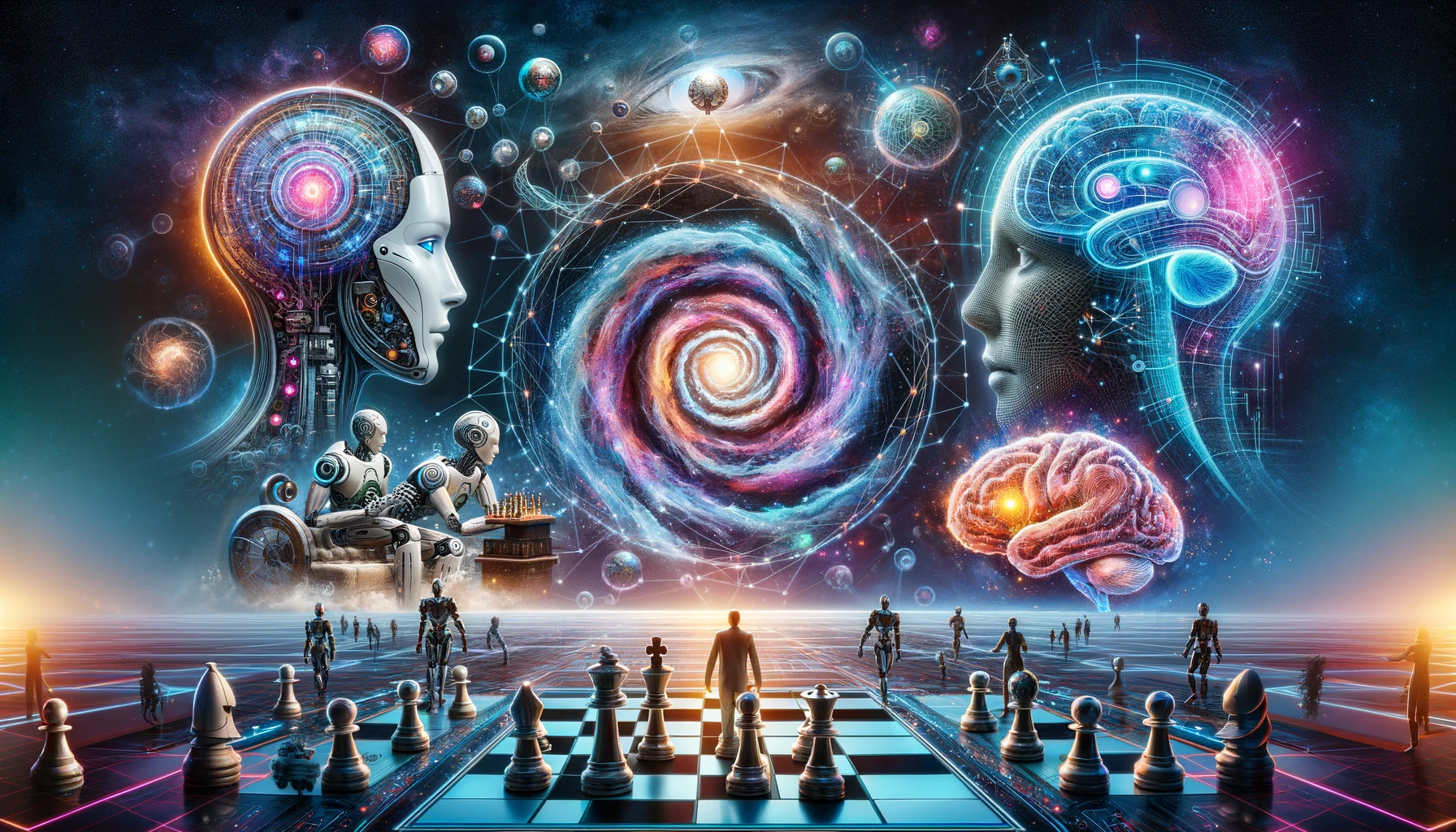Machine Learning (ML) and Artificial Intelligence (AI) fuel the Fourth Industrial Revolution. There is no doubt about it. In fact, the World Economic Forum report has predicted that “by 2025, artificial intelligence will have a positive impact on the GDP of 14 percent of the world’s GDP”.
These advanced technologies are revolutionizing numerous industries, including healthcare. The future is now, and breakthroughs in healthcare will be made possible with technologies like machine learning and artificial intelligence.
How AI And Machine Learning Are Used In Healthcare..!!
Machine learning and artificial intelligence (AI) are today’s most essential terms in technology. AI is a broad concept that encompasses everything from self-driving cars to virtual assistants like Siri and Alexa. Machine learning is a subset of AI that focuses on computers’ ability to learn without being explicitly programmed.
The healthcare industry is no stranger to these technologies, but how can you apply them? Here are five ways you can use machine learning and AI to improve patient outcomes:
1. Predicting Patient Outcomes
One of the essential applications of AI and machine learning in healthcare is predicting patient outcomes. This can help doctors make better decisions about what treatments should be used on each patient based on their past symptoms and test results.
For example, if a doctor knows that a patient has a history of high cholesterol, he may prescribe medication before any serious issues arise. This prevents future complications such as heart disease or stroke from occurring.
2. Risk assessment
AI can also help doctors assess risks more accurately by analyzing patients’ medical records. This helps doctors provide better care plans for their patients, who are more likely to get sick if they follow these plans.
3. Identifying Medical Conditions
Machine learning algorithms can be trained to identify specific medical conditions based on your symptoms and test results. For example, if you go to your doctor with flu-like symptoms and a cough, the doctor could run tests using lab equipment connected to an AI system.
In this scenario, the AI would examine your test results and identify possible conditions causing your symptoms based on what it learned from past cases like yours. The doctor would then have information about which treatments have worked in similar circumstances before making their diagnosis and prescribing a treatment plan.
4. Managing Treatment Plans
AI can quickly analyze large amounts of data and identify patterns that may not be apparent to humans alone. Many companies use machine learning algorithms to identify patients at risk for a particular disease or condition — such as diabetes — so they can be treated sooner rather than later. This helps doctors determine which treatments will work best for each patient and reduces the likelihood of adverse events or unnecessary treatment side effects.
5. Personalizing Healthcare Delivery
One of the main goals of healthcare is to provide patients with personalized care that addresses their specific needs. With advancements in AI and machine learning, clinicians can now use data from patients’ past experiences to predict what treatments will be most effective for them in the future.
This allows doctors to personalize their treatment plans based on what they know about each individual patient and their detailed medical history rather than relying on a one-size-fits-all approach that may not be suited for all patients.
The Future Of AI And Machine Learning In Healthcare
The future of AI and machine learning in healthcare is bright. Combining big data, cloud computing, and artificial intelligence (AI) can transform how we diagnose and treat illness, save lives, and deliver better care at lower costs.
The potential of AI-enabled technology is already being realized in many areas of healthcare — from surgery to radiology and drug discovery. Here are just three examples:
AI can help improve surgical outcomes by reducing human error. For example, a recent study found that surgeons who used an augmented reality system with real-time feedback performed laparoscopic surgeries with higher precision than those who didn’t use the system.
AI can enable doctors to make more accurate diagnoses by processing large amounts of patient data quickly and efficiently. For example, researchers at Mount Sinai Hospital in New York have been using machine learning technology to analyze CT scans of lung cancer patients and predict which patients will respond well to chemotherapy drugs based on their tumor characteristics.
Machine learning algorithms can help identify new drug targets through faster screening methods that require less time than traditional screening methods like cell cultures or animal testing procedures.
Conclusion
To conclude, Artificial intelligence and machine learning are already playing a significant role in the healthcare industry. The advancements are nothing short of revolutionary for the way we treat diseases and keep our world healthy. After all, the only constant changes, it would be better for us to earn our place at its forefront than to forever follow in its wake

